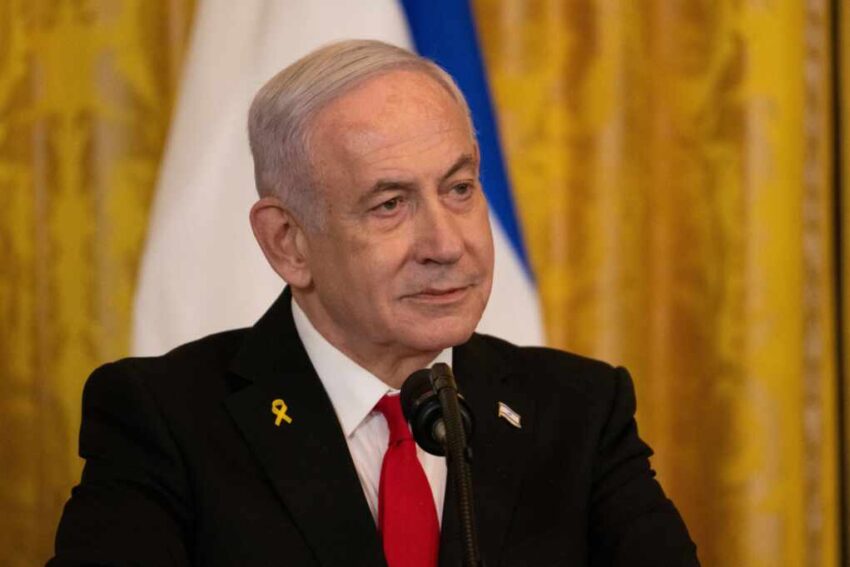Israeli Prime Minister Benjamin Netanyahu alleges that Iran viewed Donald Trump as its top adversary and orchestrated proxy assassination attempts against him, escalating tensions between Tehran, Washington, and Tel Aviv.
At a Glance
- Netanyahu told Fox News that Iran’s regime ordered two assassination plots against Trump during his 2024 campaign
- He described Trump as “enemy number one” due to his hardline stance on Iran’s nuclear program
- Alleged plots involved proxies; U.S. officials have not confirmed direct Iranian government involvement
- One attempt occurred in Pennsylvania where a bullet grazed Trump’s ear, another reportedly near his golf club
- Netanyahu cited the threats as part of Israel’s justification for recent military strikes on Iranian sites
“Enemy No. 1” Narrative and Proxy Wars
In an interview with Fox News, Israeli Prime Minister Benjamin Netanyahu claimed Iran had ordered at least two assassination attempts on Donald Trump during the 2024 campaign. The attacks were allegedly carried out through proxies, with one attempt in Butler, Pennsylvania—where a bullet grazed Trump’s ear—and another near one of his golf properties. While U.S. intelligence agencies have not independently confirmed the Iranian government’s role, Netanyahu emphasized Tehran’s intent by labeling Trump “enemy number one.”
Watch a breakdown: Iran Plotted to Kill Trump? Netanyahu Speaks Out
Context in Israel‑Iran Conflict
Netanyahu framed the assassination plots as part of a broader campaign by Iran to undermine Israel and the United States. During the same interview, he invoked what he called “clear intelligence” pointing to Iran’s nuclear ambitions and used the threat against Trump to justify Israel’s strikes on Iranian nuclear facilities. Israel’s Operation Rising Lion targeted more than 100 military and suspected nuclear-related sites across Iran in recent weeks.
U.S. Response and Broader Implications
Though Netanyahu’s claims drew widespread media coverage, U.S. authorities have not corroborated direct Iranian involvement. However, prior U.S. prosecutions involving individuals like Farhad Shakeri—an alleged agent of Iran’s Revolutionary Guard—lend partial support to allegations of state-sponsored threats. The Times of India reported that Iran’s Supreme Leader continues to view Trump as a central obstacle to nuclear negotiations and regional influence.
The accusations reinforce a broader security concern: that Trump, even out of office, remains a symbolic and strategic target in the volatile Middle East power equation. If confirmed, these plots could significantly reshape future U.S.-Iran relations and influence Washington’s posture in the region.
Click this link for the original source of this article.
Author: Editor
This content is courtesy of, and owned and copyrighted by, https://thecongressionalinsider.com and its author. This content is made available by use of the public RSS feed offered by the host site and is used for educational purposes only. If you are the author or represent the host site and would like this content removed now and in the future, please contact USSANews.com using the email address in the Contact page found in the website menu.








